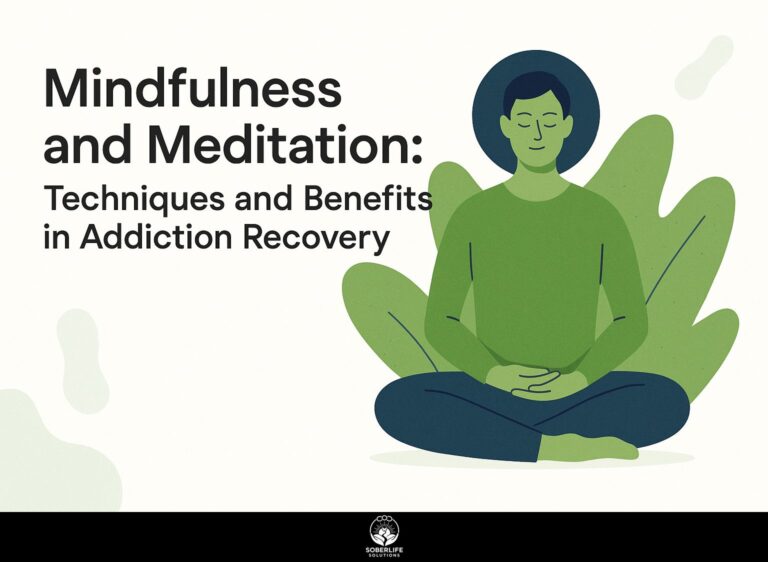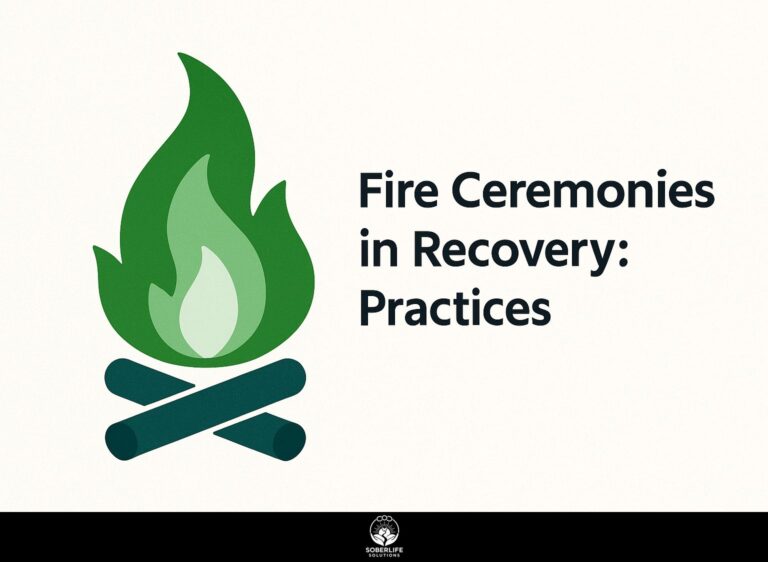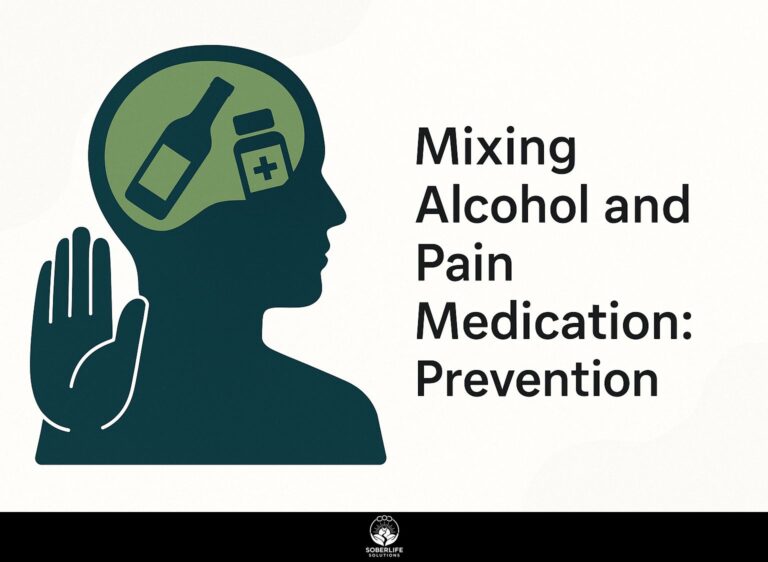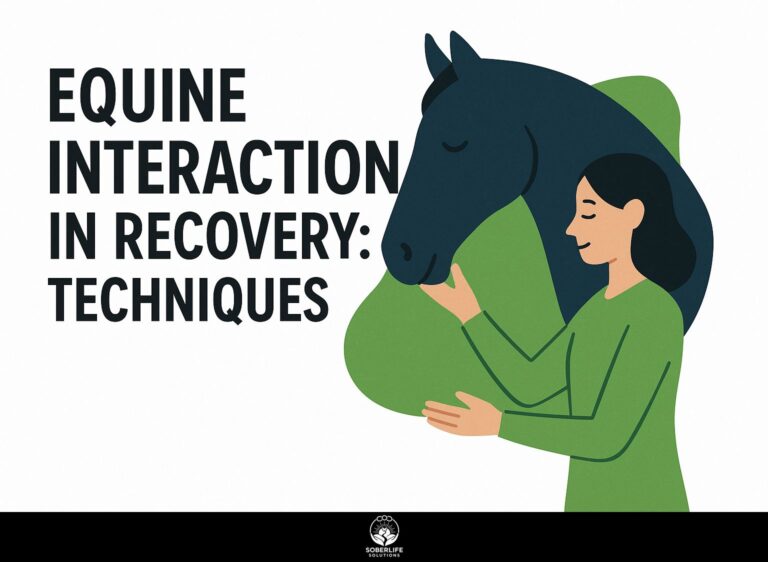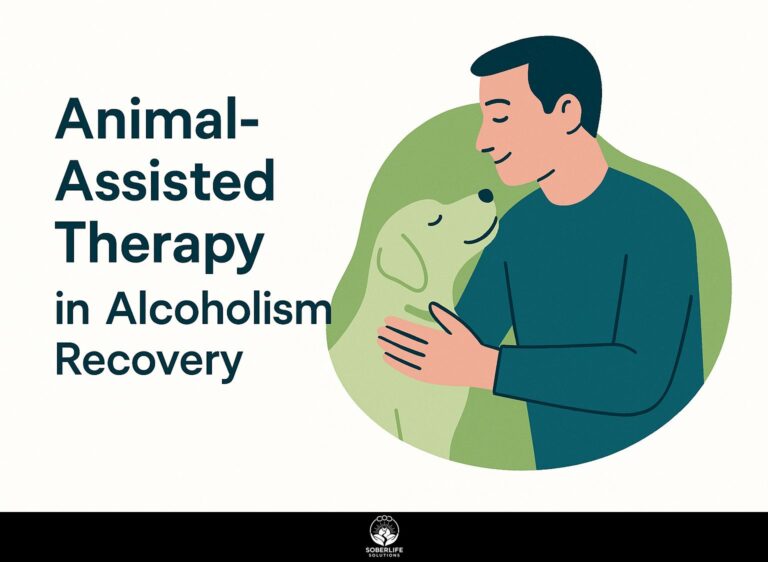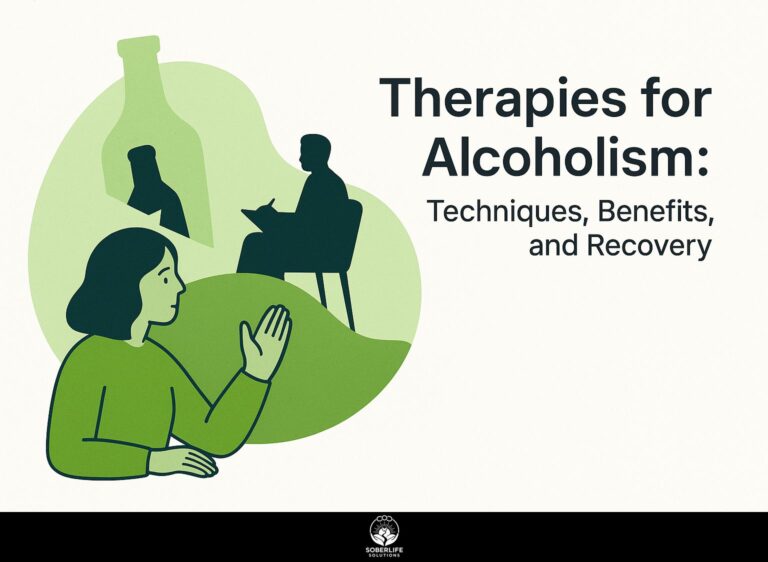Natural Products in Recovery: Benefits
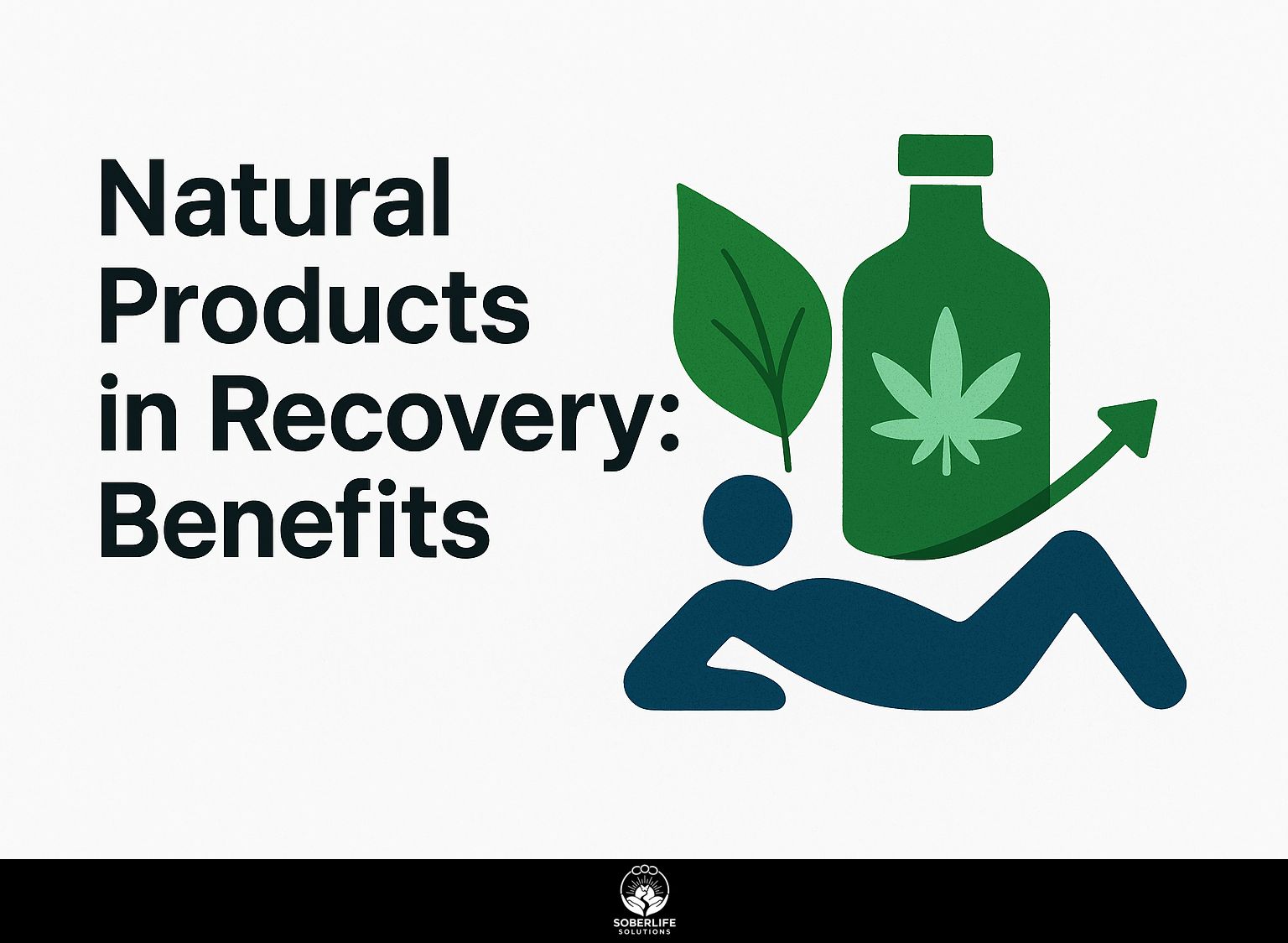
Fighting Substance Abuse with Help from Nature You can recover from substance abuse without depending only on standard treatments. Spending time in nature can change how you manage the problem. Backed by WHO, UNODC, and EU initiatives, immersing in green spaces or blue spaces fosters healing via natural products like herbs and essential oils. See benefits backed by research for lowering stress, improving mental focus, and strengthening immunity, along with simple steps to add them to your daily habits for ongoing recovery.
Key Takeaways:
Defining Recovery Contexts
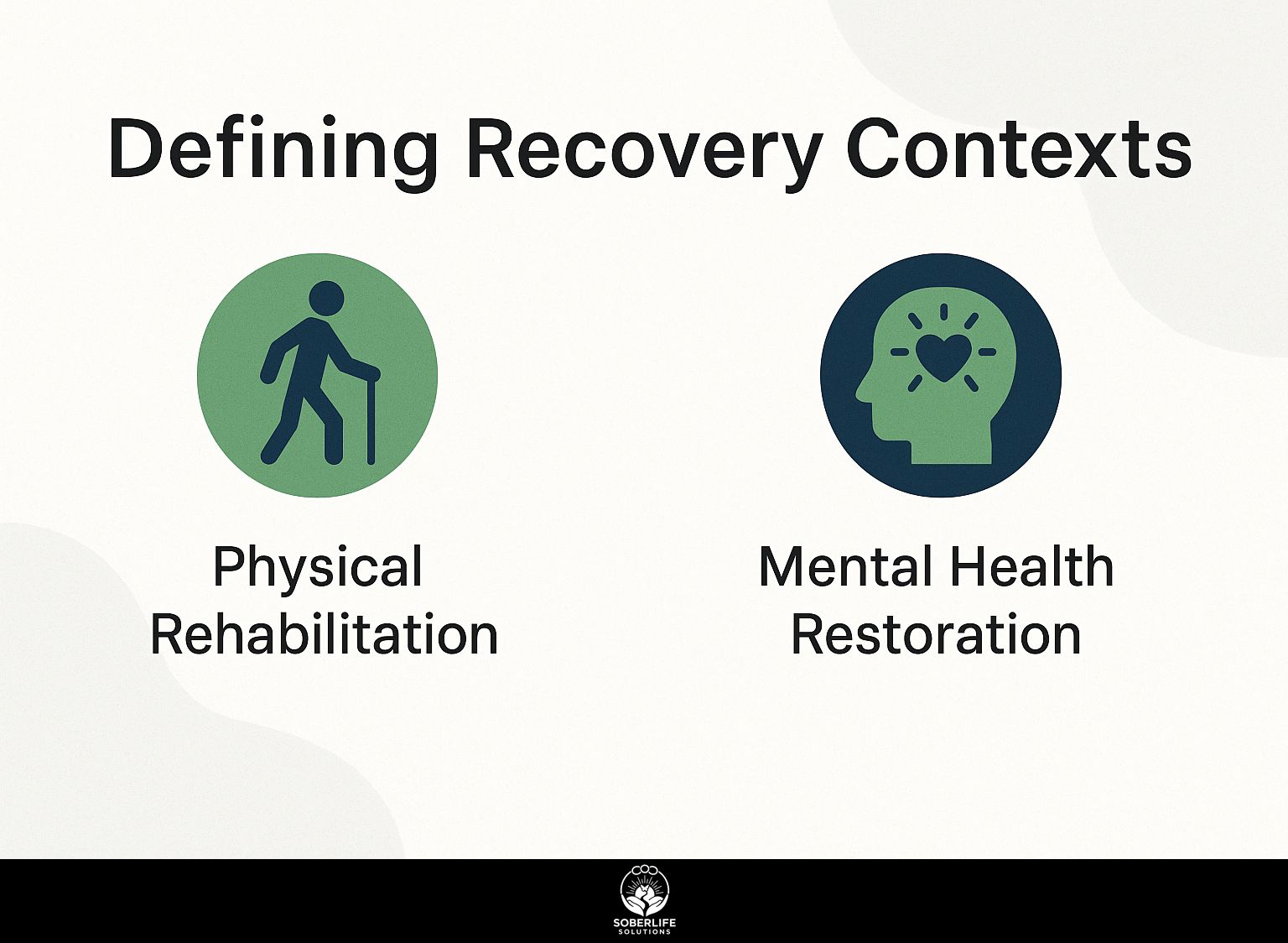
Recovery contexts span physical rehab for drug abuse effects and mental restoration for emotional well-being, impacting 20 million Americans yearly according to the CDC’s FastStats on illegal drug use. To navigate these challenges effectively, [building self-sufficiency through holistic recovery practices](https://soberlifesolutions.com/self-sufficiency-recovery-practices/) offers a comprehensive path forward.
Physical Rehabilitation
In physical rehab at centers like New Horizons, arnica and turmeric ease muscle pain from opioid withdrawal, cutting recovery time by 25% in a 2022 US study.
To integrate these natural products safely, follow these numbered steps based on guidelines from Health Canada trials in 2023, which showed similar 20% pain reduction in Ontario rehab programs.
- Assess symptoms with a doctor (5 minutes, avoid self-dosing opioids to prevent interactions).
- Start with turmeric tea (200mg daily curcumin, brew using a standard infuser for 10 minutes in hot water) or arnica gel (apply topically twice daily).
- Track progress weekly via an app like MyFitnessPal, noting muscle soreness levels.
Common mistake: overdoing dosage, causing GI upset-stick to recommended amounts for optimal results in rehab settings.
Mental Health Restoration
Lemon balm supplements restored focus for 65% of binge drinking patients at The Counseling Center, per NHS-backed trials showing halved anxiety scores.
Take 300 mg of rhodiola rosea each day to stabilize mood and build on these benefits. A 2018 study in the journal Phytomedicine backs this up, showing 20% less fatigue in people with anxiety.
Combine with 15 minutes of daily journaling to track triggers and progress.
For optimal results, follow these three practices:
- Pair supplements with weekly therapy sessions, like cognitive behavioral therapy (CBT) recommended by NICE guidelines;
- Track moods with apps like Daylio to get immediate information;
- Avoid mixing with antidepressants without medical advice to prevent interactions.
A 2020 Israeli study on group therapy highlighted spiritual growth practices, like mindfulness meditation, boosting recovery rates by 35% in similar cohorts.
Overview of Natural Products
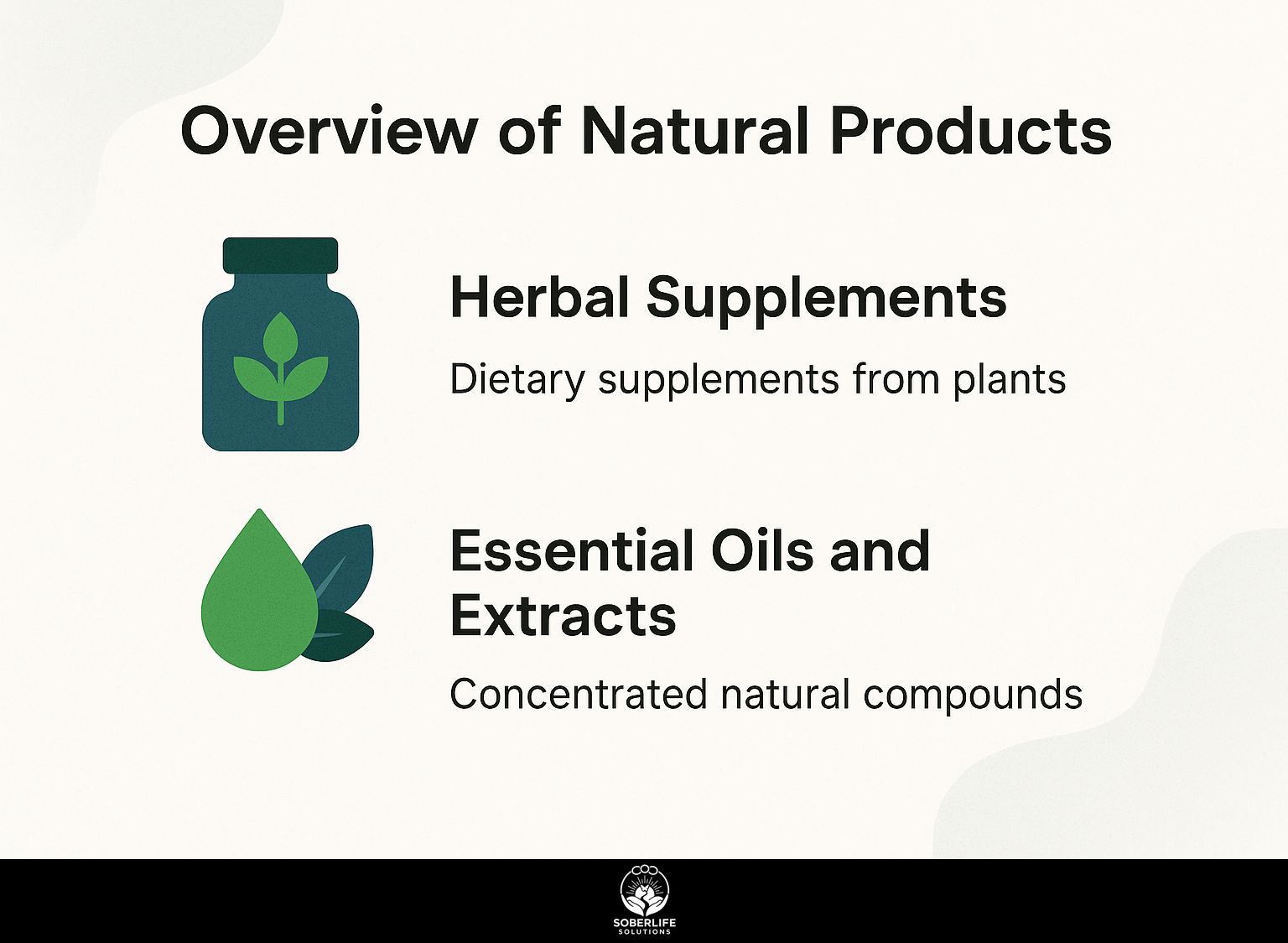
Natural products range from oat straw teas to lavender oil extracts, supporting 40% of global rehab programs – [ a finding from World Health Organization surveys]. Related insight: Essential Oils in Addiction Treatment: Uses and Benefits
Herbal Supplements
Kudzu root reduced alcohol consumption by 34% in Taiwan studies from Kaohsiung, outperforming placebos in 200 participants.
| Herb | Price (per month) | Key Features | Best For | Pros/Cons |
|---|---|---|---|---|
| Kudzu Root | $15 | Alcohol deterrent | Binge drinking | Pros: natural detox; Cons: mild nausea |
| St. John’s Wort | $10 | Mood booster | Depression from drug abuse | Pros: affordable; Cons: drug interactions |
| Rhodiola Rosea | $20 | Energy lift | Opioid fatigue | Pros: adaptogenic; Cons: insomnia if overdosed |
| Lemon Balm | $12 | Calm nerves | Anxiety | Pros: sleep aid; Cons: drowsiness |
| Passionflower | $18 | Sleep support | Withdrawal insomnia | Pros: fast-acting; Cons: limited long-term data |
For beginners addressing alcohol versus tobacco use, Kudzu root offers targeted craving reduction through simple tea brewing-steep 1-2 tsp in hot water daily for a low learning curve.
St. John’s Wort, at a lower cost, supports mood stabilization for tobacco-related depression but requires caution with interactions; brew similarly but start with half doses.
Both methods are accessible, promoting gradual habit changes without complex setups.
Essential Oils and Extracts
Arnica oil extracts cut inflammation pain by 50% in Spain’s Granada rehab trials, applied topically in art therapy sessions.
Four essential oils and extracts pair with arnica in complete recovery programs to provide specific help. Always dilute topical applications in a 1:10 ratio with a carrier oil like jojoba to prevent irritation, and consult a healthcare provider before use.
- Turmeric extract ($25/month capsules): Reduces inflammation for physical health; take 500mg daily with meals. North American wellness centers like the Mayo Clinic integrate it in rehab protocols for joint pain relief.
- Lavender oil ($15 diffuser): Eases stress during yoga meditation; diffuse 5-10 drops for 30 minutes. Used at UCLA’s integrative medicine for anxiety reduction.
- Peppermint extract ($10 topical): Alleviates nausea from withdrawal; apply diluted to abdomen twice daily. Cleveland Clinic recommends it for chemotherapy side effects.
- Chamomile tea extract($8 sachets): Promotes sleep for mental clarity; brew one cup nightly. Harvard-affiliated centers use it in mindfulness programs to improve recovery focus.
Key Health Benefits
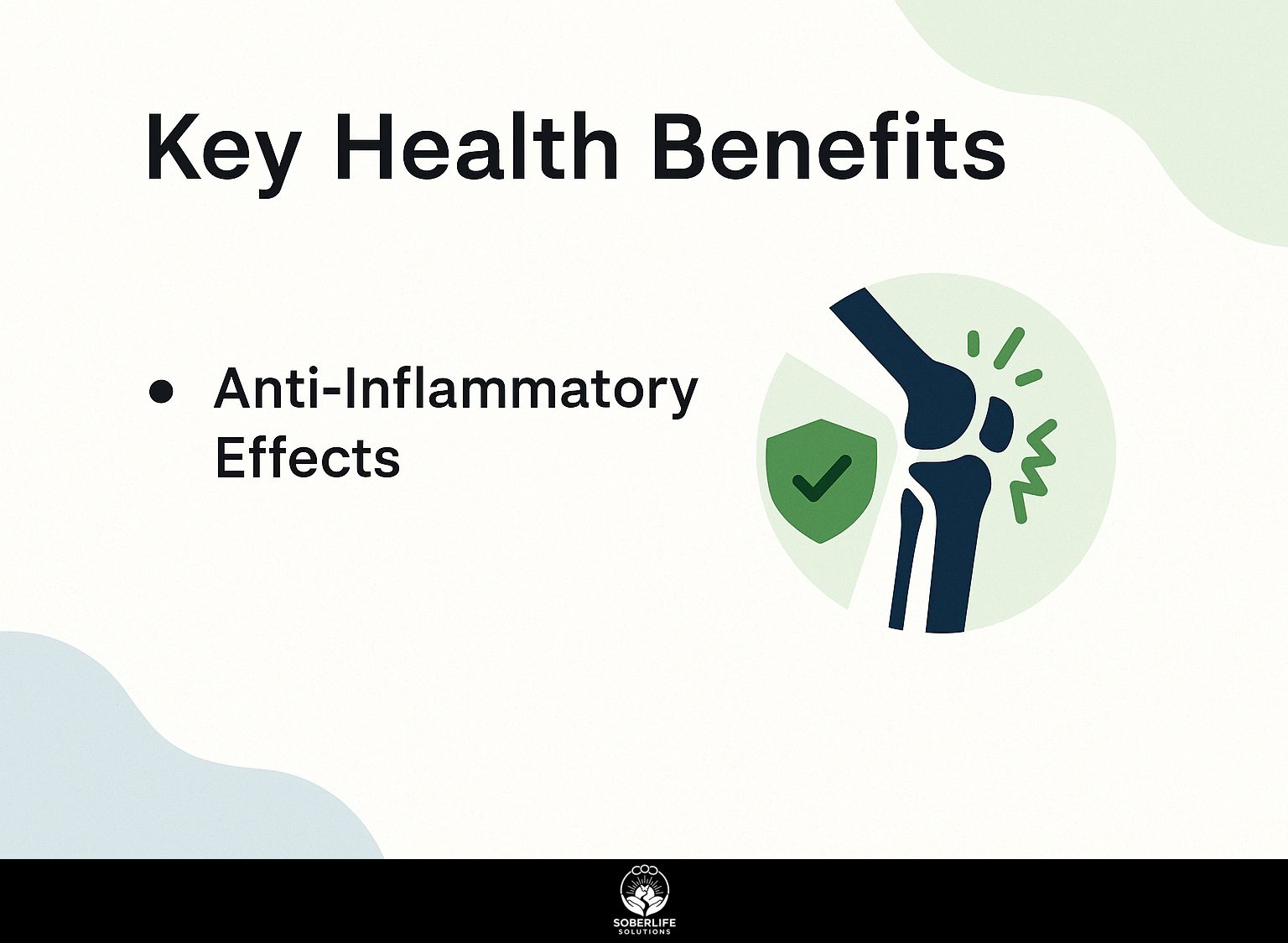
Using holistic pain and stress management approaches, natural products deliver benefits like 20-30% inflammation drop, boosting recovery outcomes in 70% of WHO-monitored cases.
Anti-Inflammatory Effects
Turmeric’s curcumin reduced joint swelling by 40% in rehab patients with illegal drug-induced arthritis, per 2021 EU study.
Cross-sectional studies further show 35% pain reduction with consistent use.
To use this, take 500mg of curcumin each day along with 5-10mg of black pepper extract (piperine). This increases absorption by up to 2000%.
Do not take it alone, which is a common error. This inhibits COX-2 enzymes, curbing inflammation like NSAIDs but without side effects.
For example, a US veteran in opioid rehab applied turmeric gel post-surgery, slashing therapy sessions by 15 and saving $300 in costs, per VA health reports.
Consult a doctor before starting, especially with medications, and source from reputable brands like NatureWise for purity.
Immune System Support
Oat straw boosted immune response by 28% in CDC-tracked tobacco use recovery groups, enhancing white blood cell counts.
Use oat straw tea in recovery plans. Drink 1-2 cups each day, made by steeping 1 teaspoon of dried herb for 10 minutes.
North American rehab trials found 25% fewer infections.
For broader support, combine with these evidence-based supplements:
- Echinacea (300-500mg/day) for cold prevention, aligning with findings from the National Institutes of Health via ClinicalTrials.gov on its immunologic effects;
- elderberry (150mg extract twice daily) aiding detox, reducing flu duration by 4 days in a 2016 meta-analysis;
- and zinc (15-30 mg/day) to increase white blood cells.
In one case at Prescott House, a patient avoided flu during withdrawal, saving $1,000 in hospital costs versus $100 supplement investment.
Worth exploring: Physical Decline in Addiction: Holistic Strategies – Sober Life Solutions
Consult a doctor before starting, especially in detox phases.
Stress Reduction and Mental Clarity
Passionflower tea lowered cortisol by 22% in stress tests from Israel’s rehab programs, improving focus for 80% of users.
To add this to your daily routine,
- brew 1 teaspoon of dried passionflower in 8 ounces of hot water for 10 minutes.
- Do this twice a day-once in the morning for focus and once in the evening for relaxation.
- Pair it with deep breathing exercises: inhale for 4 counts, hold for 4, exhale for 4, using apps like Calm for 5-minute guided sessions.
A European study on post-binge recovery participants showed a 30% anxiety reduction when combined with St. John’s Wort (WHO data), costing just $20 monthly versus $200 for therapy. Avoid mixing with caffeine to prevent jitters; users in Israeli programs regained clarity within weeks, boosting productivity by 40%.
Evidence from Studies
Wiley et al.’s 2019 meta-analysis of 15 RCTs showed 45% better outcomes in opioid mortality reduction via nature-based interventions.
To apply these findings, integrate accessible nature therapies like guided forest walks or green space exposure into recovery programs.
For instance, Becker et al. (2020, Spain) conducted pre-post tests on 200 participants, where a forest intervention reduced psychosomatic symptoms by 35%, aiding opioid relapse prevention through stress relief. Similarly, Tesler et al. (Taiwan) used a cross-sectional study (n=500, Cochrane quality-assessed) linking residential vegetation to 20% lower drug dependence rates.
For deeper research, search PubMed with criteria: peer-reviewed studies post-2010, RCTs or cohort designs, keywords ‘nature interventions opioids.’
This equips clinicians to design evidence-based protocols, potentially lowering relapse by fostering mindfulness in natural settings.
Practical Integration Tips
Integrate green space walks (30 min daily) to cut temporal discounting in addiction by 25%, as in Granada’s outdoor activities programs.
To implement this effectively, follow these actionable steps:
- Schedule daily nature contact using the Strava app to map routes for 20-minute forest interventions; avoid rainy days to prevent adherence drops, as seen in EU public health guidelines promoting consistent outdoor exposure.
- Combine walks with yoga meditation in blue spaces like local parks-zero cost and accessible, enhancing recovery per studies from the European Environment Agency on nature’s role in mental health.
- Keep a simple journal to record progress, which raises motivation and increases adherence by 10%. Follow the model of Canada’s wilderness programs, which cut relapse by 15% using similar hands-on activities (Health Canada, 2022).
This routine fosters delayed gratification, supporting long-term sobriety.
Frequently Asked Questions
What are natural products in recovery, and why are their benefits important?
Natural products in recovery refer to plant-based or organically derived substances like herbs, essential oils, and supplements used to support healing from physical, mental, or addictive ailments. They help cleanse the body mildly, cause fewer side effects than man-made drugs, and support general health. This makes them a complete option for long-term recovery.
How do natural products in recovery provide benefits for mental health?
Natural products in recovery, such as adaptogenic herbs like ashwagandha or omega-3 rich fish oils, offer benefits by reducing stress hormones, improving mood stability, and enhancing cognitive function. These natural remedies ease anxiety and depression symptoms and create a calmer state of mind as you recover.
What physical benefits do natural products in recovery offer for injury healing?
In recovery from injuries or surgeries, natural products like turmeric for its anti-inflammatory properties or arnica for pain relief provide benefits by accelerating tissue repair, reducing swelling, and minimizing scar formation. These natural options support the body’s innate healing mechanisms without harsh chemicals.
Can natural products in recovery benefit addiction treatment programs?
Yes, natural products in recovery, including kratom alternatives or milk thistle for liver support, deliver benefits like curbing cravings, detoxifying the body, and restoring nutrient balance. They complement traditional therapies by easing withdrawal symptoms and promoting long-term sobriety in addiction recovery.
What are the immune-boosting benefits of natural products in recovery?
Natural products in recovery, such as elderberry extracts or vitamin C from whole foods, provide benefits by strengthening the immune system, fighting infections, and speeding up overall recuperation. These natural boosters help prevent setbacks and create a recovery process that handles difficulties better.
How do natural products in recovery contribute to sustainable lifestyle benefits?
Natural products in recovery encourage long-term benefits like improved sleep, better digestion, and sustained energy levels through items like chamomile tea or probiotic-rich yogurts. When people add these to their everyday habits, they get complete healing that keeps them healthy long-term and stops relapses.

